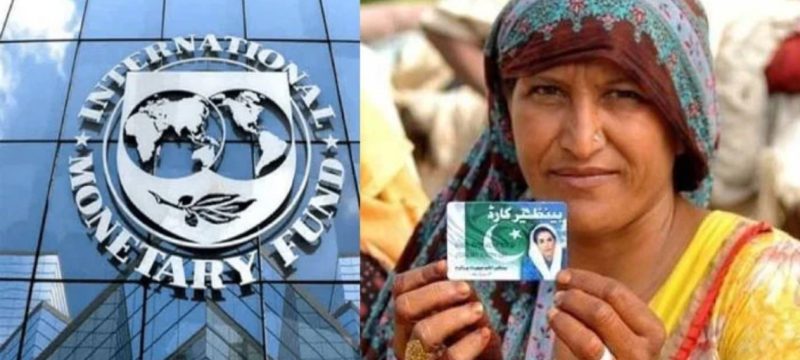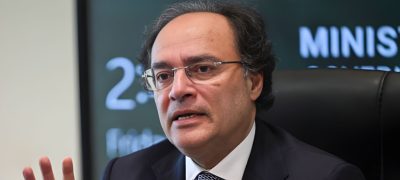The International Monetary Fund (IMF) has expressed satisfaction with Pakistan’s Benazir Income Support Program (BISP), praising its role in aiding the country’s most vulnerable populations. During ongoing meetings between the IMF review mission and Pakistani officials, the IMF was briefed on BISP’s performance in the first four months of the current fiscal year. The discussions highlighted timely aid distribution to eligible beneficiaries and the program’s financial challenges.
IMF officials commended the successful implementation of BISP, emphasizing its importance in providing essential financial support to Pakistan’s low-income citizens. The IMF’s positive review signals confidence in the program’s ability to address poverty and support those most in need, a key part of Pakistan’s broader economic stability efforts.
Also Read: Pakistan Approves Circular Debt Management Plan to Meet IMF Conditions
This follows the recent announcement by BISP chairperson Senator Rubina Khalid on November 7, where she launched the Benazir Skill Training Programme aimed at empowering women and their families. The new initiative seeks to equip beneficiaries with vocational skills, addressing criticisms that BISP promotes dependency. Khalid reinforced the program’s aim to uplift families economically rather than create long-term reliance.
Meanwhile, concerns about global climate financing were also brought up, with the heads of the IMF and World Bank assuring their commitment to providing funds for developing countries impacted by climate change. This comes at a time when the United States, under newly elected President Donald Trump, is expected to shift its stance on climate change, raising questions about future funding for climate-related initiatives.
The IMF and World Bank intend to maintain their focus on climate financing, especially in helping countries transition to cleaner energy sources, despite potential changes in US policy. This year’s global discussions are centered on raising significant financial resources to support a shift toward sustainable energy and address the climate damage caused by emissions from the world’s largest economies.









